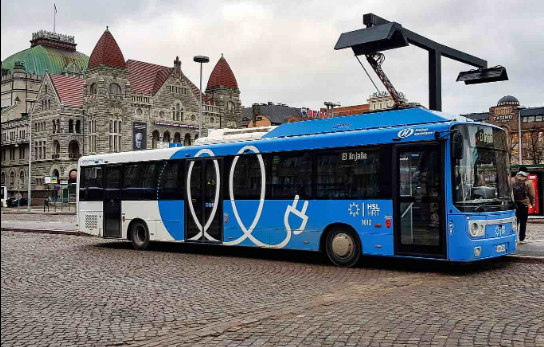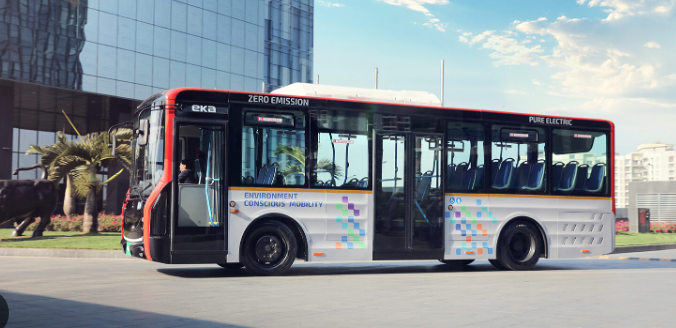In a significant move to modernize public transportation and bolster passenger safety, the Maharashtra State Road Transport Corporation (MSRTC) has announced the procurement of 3,000 AI-enhanced smart buses.
This initiative is a direct response to recent safety concerns and aims to integrate advanced technologies to provide a secure and comfortable travel experience for commuters across the state.

Advanced Safety Features
The new fleet will be equipped with state-of-the-art safety measures, including:
- AI-Based CCTV Surveillance: Each bus will have multiple CCTV cameras strategically placed at entry and exit points, passenger seating areas, and the driver’s cabin. These cameras will monitor real-time activities, ensuring passenger safety and enabling prompt responses to any untoward incidents.
- Driver Monitoring Systems: Advanced systems will assess driver behavior, detecting signs of fatigue or distraction. Automated alerts will be sent to supervisors if any irregularities are observed, promoting responsible driving practices.
- Anti-Theft and Locking Mechanisms: To prevent unauthorized access, especially during non-operational hours, buses will be fitted with automated locking systems. This measure addresses concerns raised by past incidents and ensures that parked buses remain secure.
- Fire Safety Systems: Recognizing the risks associated with bus fires, especially during high-temperature periods, the buses will incorporate foam-based fire suppression systems. These systems are designed to detect and extinguish fires promptly, minimizing potential hazards.
Enhanced Passenger Experience
Beyond safety, the smart buses aim to elevate the overall travel experience:
- Real-Time Information Displays: LED screens inside the buses will broadcast important updates, including news and government announcements, keeping passengers informed during their journey.
- Wi-Fi Connectivity: Passengers will have access to Wi-Fi services, allowing them to stay connected and make productive use of their travel time.
- Smart Ticketing Solutions: The integration of digital fare payment systems will facilitate seamless transactions through cards or mobile applications, reducing reliance on cash and streamlining the boarding process.
Operational Efficiency and Data Analytics
The incorporation of AI and data analytics will enable MSRTC to:
- Monitor Route Efficiency: By analyzing passenger patterns and vehicle performance, MSRTC can optimize routes, ensuring timely services and better resource allocation.
- Maintain Accurate Passenger Counts: Sensors at bus entry and exit points will track the number of passengers, aiding in capacity management and service planning.
Implementation and Future Outlook
Transport Minister Pratap Sarnaik emphasized the government’s commitment to passenger safety and service quality. The procurement process involves collaboration with leading bus manufacturers, including Ashok Leyland, Tata Motors, and Eicher. A prototype of the smart bus is expected to be presented by the end of May, with full-scale deployment planned over the next six months.
This initiative represents a significant step towards modernizing Maharashtra’s public transport infrastructure, aligning with broader goals of integrating technology to enhance public services.
Also Read: 2025 Toyota C-HR Breaks Cover Globally With Radical New Design, Advanced Tech & Hybrid Power



